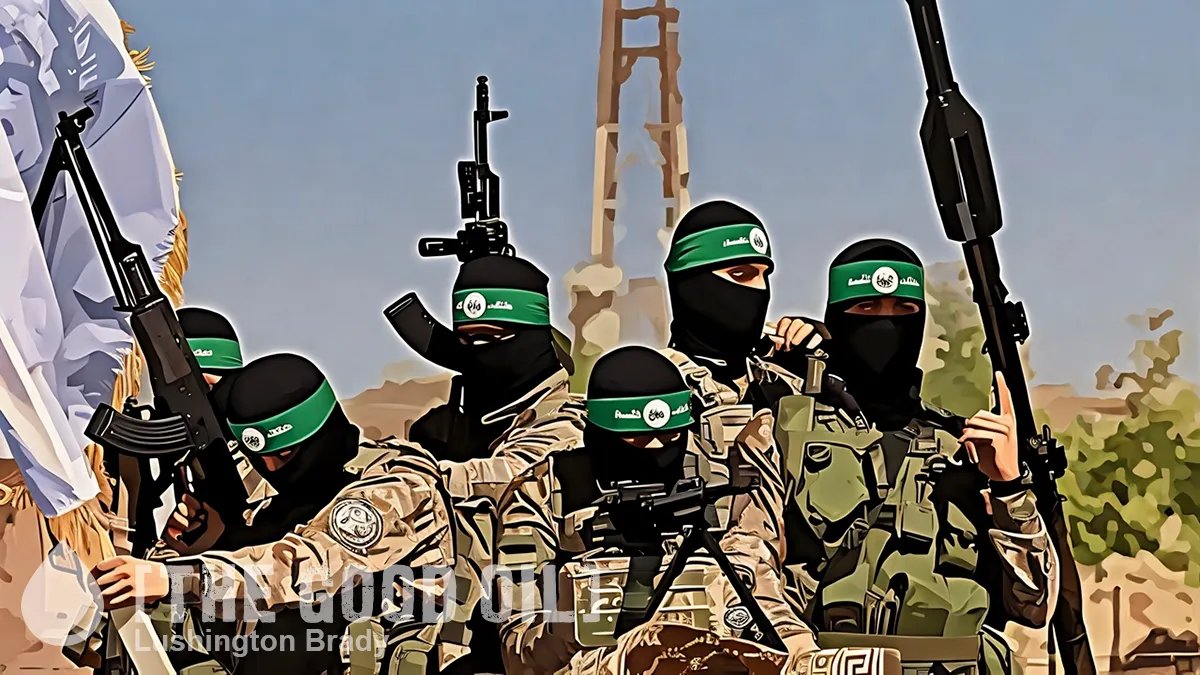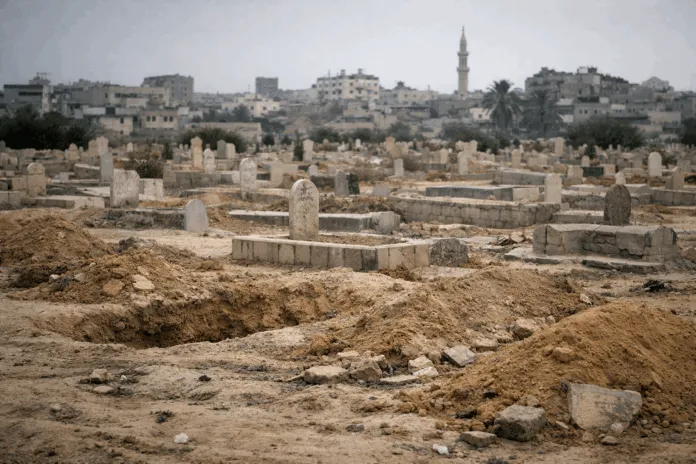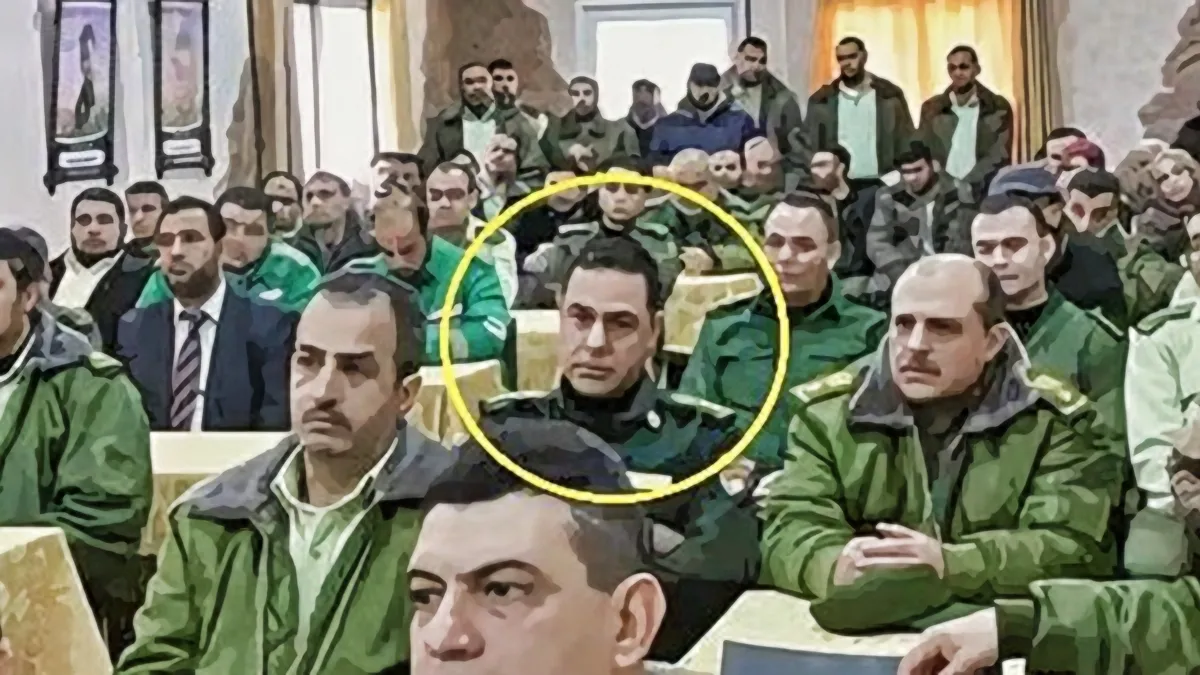Table of Contents
BICOM
BICOM provides accurate, timely and balanced information that is read by officials, experts, journalists and many others.
What’s happened: As Israel seeks to ascertain whether Hamas is serious about a hostage deal, troops have continued to carry out focused operations against Hamas targets in eastern Rafah.
- In a statement the IDF said that “in the context of the operations, the troops gained operational control over the Gazan side of the Rafah border crossing in response to intelligence about the use made by terrorists of the crossing for terrorist purposes.”
- Defence Minister Gallant said, “The operation in Rafah will not stop until Hamas is eliminated, or until the first hostage returns to Israel.” Minister Benny Gantz said that “at any stage where we can reach a plan for the return of our hostages, we will do so.”
- An Israeli delegation arrived in Cairo to continue talks towards an agreement for a cease-fire. Also in Cairo are delegations from the US, Qatar and Hamas.
- In a statement, PM Netanyahu claimed Hamas’ ceasefire proposal was “intended to torpedo the entry of our forces into Rafah.” Netanyahu added that the purpose of the Rafah operation is to bring back the hostages and eliminate Hamas. Israel has “already proved in the previous hostage release [that] military pressure on Hamas is a precondition for the return of the hostages.”
- The Kerem Shalom border crossing between Israel and Gaza reopened to humanitarian aid this morning. The crossing had been closed since Sunday, when a nearby rocket attack killed four Israeli soldiers.
- A senior US official confirmed that last week the US delayed a shipment of two kinds of bombs to Israel because of its opposition to a major ground operation in Rafah and the concern about the destruction that heavy bombs might cause in a dense urban area.
- The IDF intercepted a suspicious aircraft from the east near Eilat last night with the target intercepted outside of Israel’s borders. Pro-Iranian militias in Iraq announced that they had launched a UAV at Eilat.
- Also yesterday US Central Command said that Houthis launched three drones from Yemen over the Gulf of Aden, and that a coalition ship successfully intercepted two of them and the third crashing in the Gulf of Aden. An anti-ship ballistic missile was later launched over the same area, and no injuries or damage was reported.
Context: Four of Hamas’ remaining battalions are located in Rafah, while the border – referred to as the Philadelphia Corridor – is considered essential to prevent weapons smuggling and future rearmament by Hamas.
- Israel has reportedly committed to the US and Egypt to restrict its operation in Rafah, aiming only to deny Hamas authority over the border crossing – located approximately 2 miles from the city of Rafah – and concentrating on the eastern side of the city.
- Significant differences exist between Israel’s latest negotiation line – described by the US as ‘extremely generous’ – and Hamas’ announced proposal. These include:
- The contours of the three-phase deal put forward by Israel required the release (within the first 42-days), of 33 living hostages – women, children, elderly or sick. Hamas has said it can only guarantee it has 20 live hostages from among that group and proposes to release 33 hostages, alive or dead.
- Hamas’ proposal suggests three hostages to be released every seven days rather than three hostages every three days.
- Hamas want to increased the number of security prisoners to be freed by Israel in exchange for each hostage in the first phase and sought to remove the veto Israel demanded on the release of certain Palestinian security prisoners.
- The Hamas proposal allows for the return of Gazans back north without security checks required by Israel and changes some specifics on the withdrawal of Israeli troops.
- Israel’s delegation is comprised of lower level officials with a limited mandate to determine whether Hamas’s proposal is a ruse, a proposal that was put forward only in hope of placing the onus on Israel, or whether it was a proposal that might allow for progress to be made towards an agreement.
- White House National Security Council spokesperson John Kirby indicated that the proposal should be viewed as a counterproposal.
Looking ahead: CIA Director William Burns, who held talks in Qatar and in Cairo, will arrive in Israel today and meet with Netanyahu and other senior officials.
- An Israeli official told Kan Radio last night that if there was no change in the approach taken by the mediators and in Hamas’s position, the operation in Rafah would be expanded.
- Israel reportedly intends to involve Palestinians who are not connected to Hamas in administering the Rafah crossing with the goal to have better supervision and monitoring of the aid at the crossing, through which weapons have also passed.
ISRAELI IDEAS FOR THE DAY AFTER IN GAZA
This BICOM research paper assesses the variety of Israeli thinking on these and other questions. Drawing on the government’s (limited) official policy, as well as a diverse range of expert proposals, the paper identifies those areas where there is a consensus of opinion and those where different thinkers, despite desiring the same outcome of a demilitarised and deradicalised Gaza Strip no longer able to threaten Israel, reach substantively different conclusions.
Download BICOM’s briefing here
Challenging the Iranian Presence in the North
In light of the targeted strike on Iranian Gen. Mohammed Reza Zahedi, this paper gives the latest assessment on the confrontation between Israel and Iran and its proxies.
Download BICOM’s briefing here.
PODCAST
Episode 230 | Aid in the Gaza Strip
In this episode, Richard Pater speaks to Professor Rosa Freedman, an expert in international human rights law. They discuss Israel’s obligations in facilitating aid into Gaza and the current role of NGO’s operating in the Strip. Prof Freedman also explores the politicisation of aid, and the failure of the Red Cross to visit the Israeli hostages since October 7th. Freedman is Professor of Law, Conflict and Global Development at the University of Reading. She is a member of the UN Secretary-General’s Civil Society Advisory Board on preventing sexual exploitation and abuse, a member of the FCDO Steering Committee on the Global Framework, and the Civil Society Workstream Lead on the Prevention Project.Listen on Apple Podcasts, Spotify and Google Podcasts
Fathom Articles
The Iran-Israel War and Learning from Frogs: An Interview with Jonathan Spyer – Read here
Opinion | From Little Rock to Columbia – Read here
‘None of the options are good, but if you don’t want Hamas or endless Israeli occupation, you need something else’: The Fathom Interview | Toby Greene- Read here









